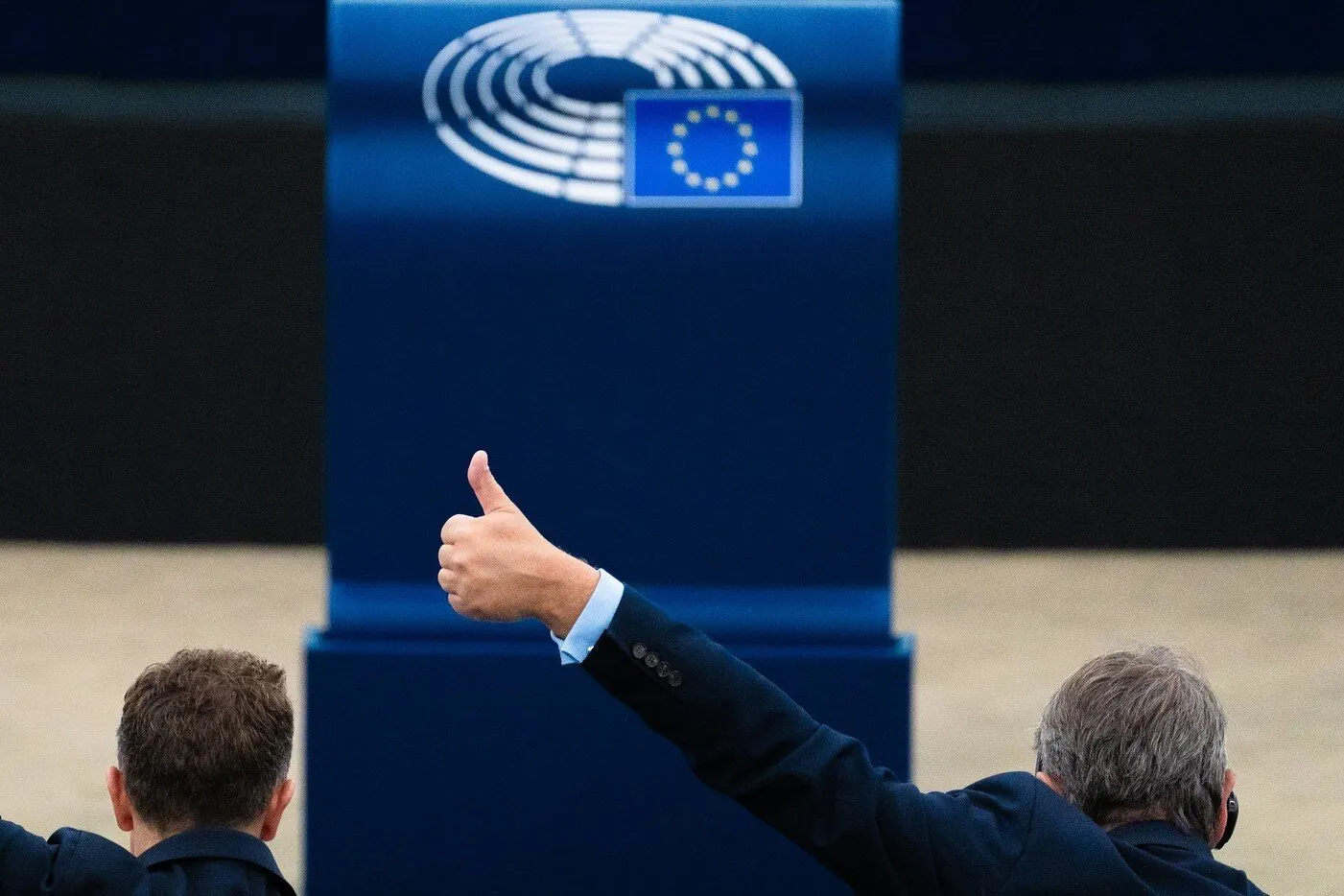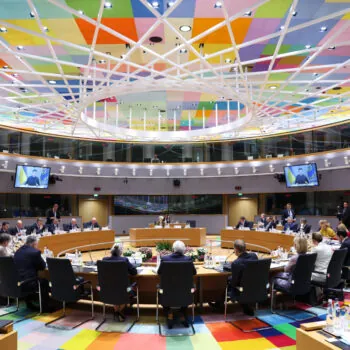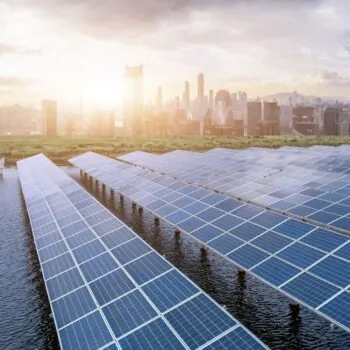Despite recent geopolitical headwinds and a slowdown in legislative ambition, momentum behind the EU’s climate transition remains strong. At this defining moment for the European Union’s global role, reaffirming a clear commitment to decarbonisation is essential. It provides certainty for investors, enhances the security of European citizens, and reinforces trust in global cooperation.
Although the current mandate has prioritised regulatory simplification and delayed key policy proposals, the message from investors, businesses, and civil society is clear: stay on track and raise ambition.
The EU faces a convergence of existential challenges. Russia’s ongoing war of aggression against Ukraine has exposed deep vulnerabilities in European and global security. At the same time, the worsening impacts of climate change are destabilising societies worldwide, driving food insecurity, resource conflicts, and displacement. These continue to threaten both European stability and global order. The transition to a clean, fair, and resilient economy is not only essential for averting climate breakdown but also for safeguarding long-term peace, security, and prosperity.
This economic transition also offers strategic advantages to Europe. Moving away from fossil fuels enhances energy security, strengthens economic competitiveness, and shields the block from external shocks. A recent global poll shows that 97% of business leaders support a rapid shift to renewables-based electricity. By scaling up renewables, improving energy efficiency, and investing in grid modernisation, Europe can ensure affordable and stable energy supplies for decades to come.
Accelerating the clean energy transition is not just an environmental imperative, it is also therefore central to Europe’s economic future. In 2023, clean technologies accounted for nearly 30% of EU GDP growth, the highest share of any region, according to the International Energy Agency (IEA). This reinforces the positive economic case for climate action and the importance of strong policy frameworks to support it.
A strong 2040 climate target would provide much-needed certainty for businesses and investors, many of whom are already support a 90% emissions reduction goal. Leading voices, including the scientific community and over 150 leading companies, such as including IKEA, Google, Allianz and Vattenfall,have urged the EU to commit to this level of ambition. Investors are calling for clear targets, stable regulatory frameworks, and strong sustainability reporting tools. While they support simplification efforts, there is concern that a significantly reduced scope in the CSRD and Taxonomy regulation could hinder effective climate risk management and strategic planning.
Climate leadership is also a vital tool for maintaining international trust in multilateral cooperation, especially with key allies, at a time when the global rules-based system is under pressure. With COP30 approaching, the EU has a unique opportunity to lead. An ambitious 2040 climate target and a bold NDC could help restore global confidence in the Paris Agreement.
Encouragingly, new data shows the EU is on track to nearly meet its 2030 target of a 55% emissions reduction, with cuts projected at around 54%. This progress strengthens the case for building on momentum rather than stepping back.
The message is clear: the EU has the tools, the public support, and the economic rationale to lead on climate. What’s needed now is timely political follow-through. Publishing the overdue legislative proposal for the 2040 target, as required by the European Climate Law, is a critical first step. This would demonstrate EU leadership ahead of key international dialogues like the EU-China summit in July, and enable an ambitious EU NDC submission by September, the final opportunity for inclusion in the UNFCCC synthesis report.


